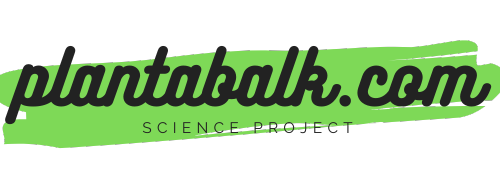Modelling of secondary metabolite accumulation by in vitro morphogenesis modification: obtaining plant components with anticancer potential from Sideritis scardica, Artemisia alba Turra and Hypericum species
Project financed by the National Scientific Fund Bulgaria
Grant num. КП-06-Н39/6
Presentation of the project
Medicinal and aromatic plants in humanitarian medicine
Medicinal and aromatic plants are an irreplaceable source of many biologically active compounds, vital for maintenance of human health. Substantial part of the world population strongly relies on the resources of indigenous medicine, being the primary health care to meet the needs in countries of Africa, Asia and Latin America (share reaching up to 80 % in Africa). In industrialized countries adaptations of traditional medicine are gaining increasing popularity, designated as “Complementary” or “Alternative” and are now-a-days utilized as important additive care to the conventional therapy of many ailments. In addition, about 25 % of the prescribed medicinal products and 50 % of over-the-counter drugs are based on active constituents of plant origin. In addition, about 52 % of the anti-inflammatory and 51% of the officially prescribed anti-cancer drugs are of plant origin. Bulgarian flora is exceptionally rich in species, utilized as teas, extracts and standardized pharmaceutical products. Conservation of plant populations and integrity of their natural habitats is a considerable issue in utilization of natural plant resources. Another important point is the achievement of stability in the content of active ingredients, this problem often not solved by the cultivation of the medicinal species in the farm.
Plant cell tissue and organ culture of medicinal and aromatic plants
Plant metabolic profile is genetically pre-determined, however its qualitative and quantitative characteristics are variable and in a dynamic dependence of the complex interrelations of the plant organism with the factors its environment. Therefore, modification of the parameters of in vitro culture can direct secondary metabolites production and is even capable of induction of new compounds not previously identified in the intact field collected plant. This approach allows for the in vitro optimization of the production of valuable secondary metabolites without the conduction of genetic manipulations.
The project aims at obtaining novel phytopharmaceutical preparations by modifications of the culture conditions and without performing genetic manipulations on plant species characteristic for the Balkan flora.
– Artemisia alba Turra
– Sideritis scardica Griseb
– Hypericum calycinum L.
– H. tetrapterum Fries.
– H. richeri Vill.
– H. perforatum L.

